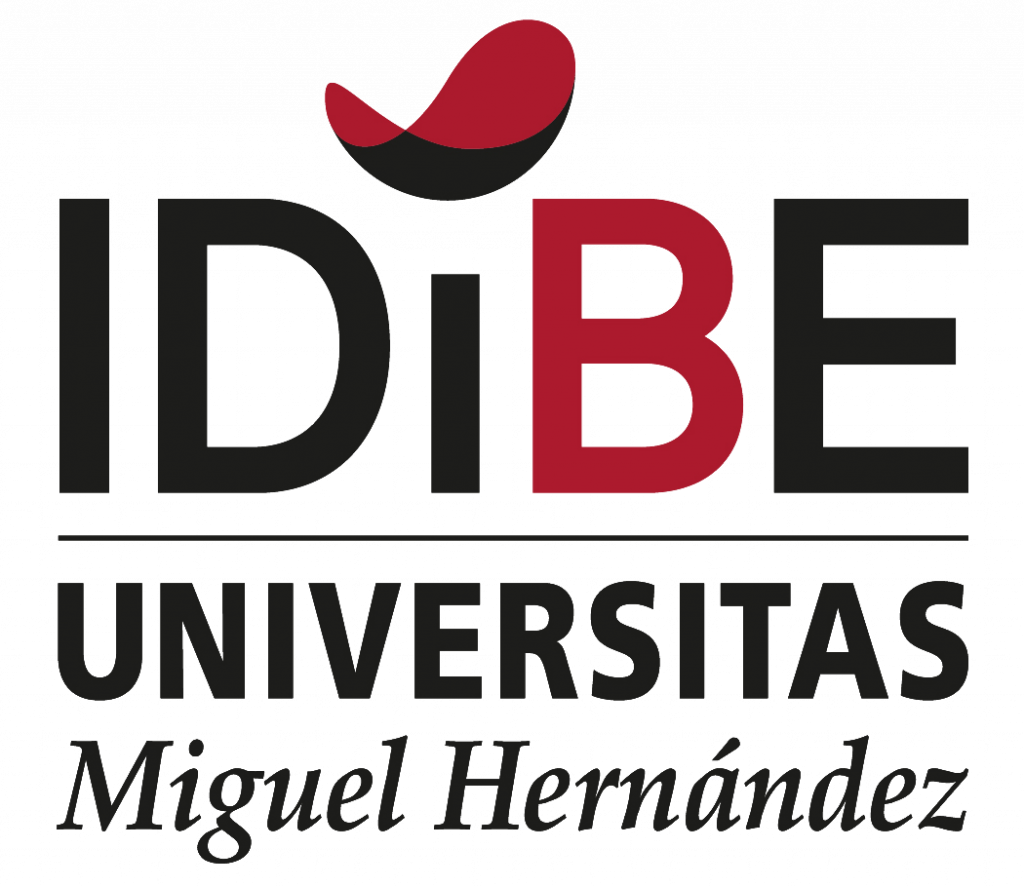The Sensory Neurobiology Group at IDiBE-UMH leaded by Prof. Antonio Ferrer Montiel offers an ESR Position within the European Training Network Nanoparticle-Based Imaging and Therapy of Chronic Pain in the Dorsal Root Ganglia (PIANO) funded by the Marie Sklodowska-Curie Actions (MSCA-ITN).
PhD Project: “The transient receptor potential (TRP) ion channel family as a key molecular and functional landmark for pain transduction in subsets of somatosensory neurons.”.
Hosting Institution
The Institute of Research, Development and Innovation on Healthcare Biotechnology of Elche (IDiBE) is located at the University Miguel Hernández in Elche campus. The mission and vision of IDiBE is to exploit a multidisciplinary program of translational science in the field of healthcare biotechnology with the commitment of transforming the generated basic knowledge into products and services for the benefit of society. The ultimate goal is to go “from the bench to the bedside” increasing the wealth by delivering the much-needed solutions to our society.
Sensory Neurobiology group
The sensory neurobiology group has more than 20 years research experience in the field of nociception and pain signaling, along with the validation and development of drug candidates. They are skilled in molecular and cellular biology, electrophysiology, imaging, in silico modelling and screening, molecular pharmacology and ion channels biophysics. The group has co-authored 140 papers and participated in more than 30 patent applications. Currently, the group has 3 compounds in phase II clinical trials and one in pre-clinical regulated studies. In addition, the group members have founded 4 spin-off/start-up companies.
Objectives
The aim of this PhD project is to understand the role of thermoTRP channels in nociceptor sensitization by chemotherapeutic drugs giving rise to chemotherapy-induced peripheral neuropathy (CIPN), and to use this information to validate therapeutic targets and discover candidate molecules for drug development. The successful applicant will use an in vitro model of CIPN to characterize the effect of the drugs in the electrogenesis of different subsets of sensory neurons and to develop therapeutic and/or bioimaging tools.
Benefits
The successful candidate will be funded for 36 months with a competitive salary in accordance with the MSCA regulations for Early Stage Researchers. The salary includes a living allowance, a mobility allowance and a family allowance (if married).
The successful candidate will enroll in the PhD program on Molecular and Cellular Biology of IDiBE- UMH, getting the training provided by the MSCA-ITN and the doctoral program in terms of the training activities.
The successful candidate will have also to perform the secondments
stablished in his/her personalized career development program.
Specific Requirements
- MSc in Biotechnology, Biology, Biochemistry, Pharmacy, Physics, Chemistry, Chemical Engineering or equivalent.
- Experience on molecular and cell biology techniques.
- Expertise on cell culture techniques.
- Desirable expertise or knowledge in some of the following: experience in electrophysiology, calcium microfluorography, HTS screening and microfluidic technology
Eligibility Criteria
Applicants must satisfy the eligibility requirements for MSCA-ITN Programme at the date of recruitment.
- Applicants must not have resided or carried out their main activity in Spain for more than 12 months (cumulative) in the three years immediately before their recruitment (starting date indicated in the contract).
- Applicants must be in the first four years (full-time equivalent research experience) of their research career and have not been awarded a doctoral degree at the first day of their PIANO employment contract.
Expected Starting Date
October 2021.
Application
- A full Curriculum vitae.
- Names and contact information of two referees.
- Motivation letter (2 pages).
- Proof of eligibility as an annex including a) proof that you have no more experience than 4 years as a researcher, b) proof that you did not spend more than 12 months in the last 3 years in Spain.
- Information on English language proficiency.
Send all the documentation by email to and with the subject ESR9.
About PIANO
The goal of PIANO is therefore to facilitate a state-of-art approach to visualisation of neuropathic pain / inflammation at DRG sites as well as to simultaneously release analgesic molecules from the nanoparticles. The expectation of PIANO upon completion, is to identify a road map towards treatment of patients with chronic pain, related to peripheral nerve injury from various sources, at the level of the DRG. PIANO teams up experts in the fields of neurophysiology, imaging, data analysis, nanomaterials, molecular biology, pain mechanisms and their pathways, business, and education, to train the next generation of early-stage researchers (ESRs) capable of implementing novel scientific and technological innovations in the EU. This consortium embeds academic institutes and SMEs with expertise on public health, policy making, ethics, and a strong focus on societal impact and education. Thereby, PIANO will deliver level-headed individuals, that will hold a unique position within the European labour market.
